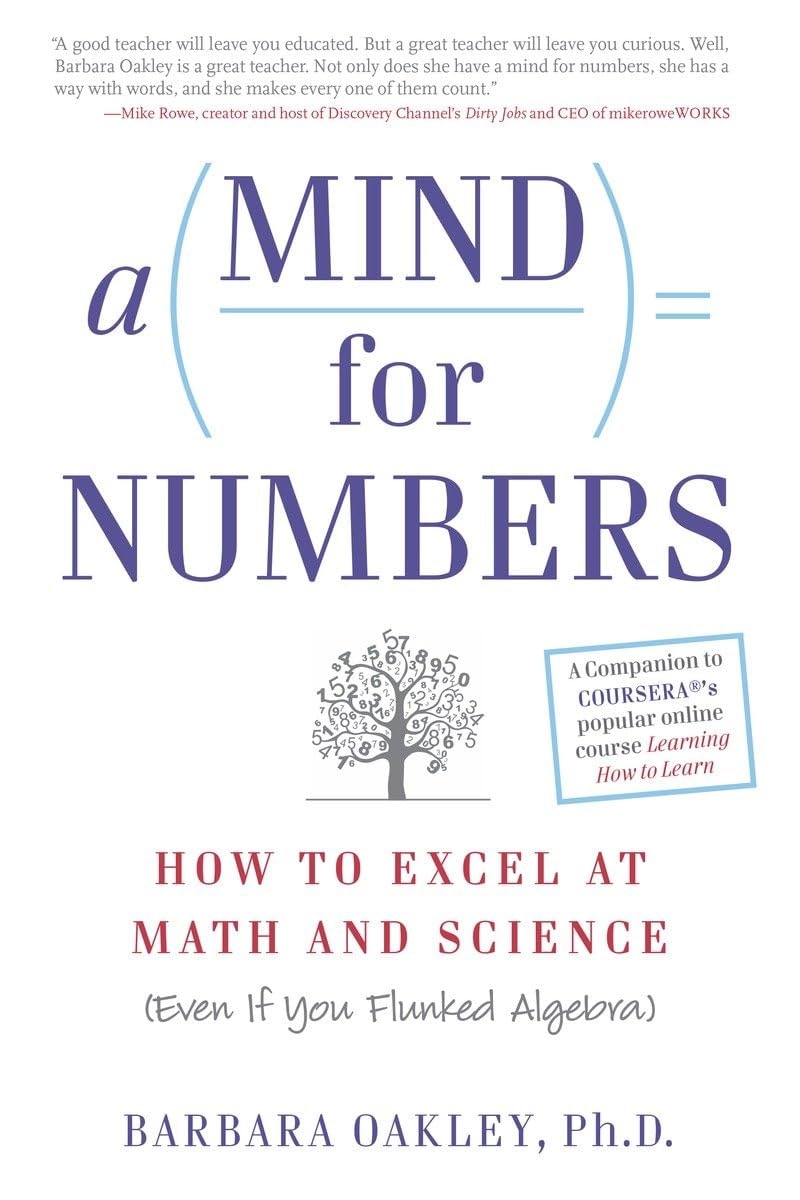Is this a good habit for study?
We place our hopes on children and want them to do well in school. Unfortunately, our demands are often completely useless. Let's figure out why.

It's the Perfect Time to Talk About Learning
The end of the first week of September is the perfect time to talk about educational habits and study skills. First-graders are starting their first class, and first-year college students are starting their first semester. We study not just for the sake of it, but to use the knowledge, we gain to solve a wide variety of life problems. Ideally, we could even avoid those difficulties altogether with the helpful knowledge.
In the post “The List of Lists of Books of Lists”, you'll definitely find some books that offer decent advice for developing good study habits. The inspiration for this material comes from a list in a book of lists for elementary students [1]. The list name is “Good Study Habits”.
Let's first look at the material and then critically evaluate it. Does it really help to develop good study habits?
So, the List of How Elementary School Children Should Live
- Make a work schedule for each day.
- Make sure your supplies are in order.
- Keep your work area neat.
- Listen carefully when assignments are made.
- Ask good, well thought-out questions.
- Check your work for accuracy in spelling and punctuation.
- Recopy your work when necessary.
- Use your dictionary and other study helps regularly.
- Use good organizational skills.
- Finish your work on time.
- Make good use of the library.
Can we say something about these tips to improve your study habits? This is a great set that will do enough stress for both children and parents' mental health. There will even be some leftover for the teacher. Studying will become unenjoyable. What's the core problem with this advice?
Looking at Study Tips with a Massive Bit of Skepticism
Readers of the blog who have read the “Milestone vs. Task. Mastering Both” might start to suspect that this list is harmful to studying. Yes, we will look at these habits as tasks. After all, habits come from repetition, and what is a regularly performed task if not a habit?
Scheduling is Hard
Some habits listed above are easy to get in sense, but difficult to execute. Some are straightly inconvenient. It’s great to tell someone, “complete your assignments on time.” But will the well-balanced study schedule immediately appear and allow pupils to stay focused to meet all the deadlines? Expecting a young child to do so would be quite odd.
Even adult learners and their fellow students who take online courses finish them rather irregularly. Research shows that academic success appears for the participants of study groups only about 15% of the time [2]. And if the course is pre-recorded with no feedback, the completion rate drops to just 5% [3]. It's not just about missing deadlines — it's about completely giving up on learning.
Organizing Working Desk is a Science
It appears that these recommendations for elementary studying should be easily achievable for most students in college. Take, for example, the points about supplies and workspace. Although I haven't sat at a school desk in a long time, my table is far from tidy.
Those who consider a clean desk the foundation of a sustainable and safe production process invented the 5S methodology [4]. It suits to keep the working place clean while keeping everything necessary at hand. In other words, the subject of discussion is far more complicated than joyful social media content uses to show.
Other Topics Are Also Not Childish
Information about a subject, regardless of the source, won't bear fruit for a little student unless a parent or teacher offers ways to extract and use it wisely.
The point “use good organizational skills” is my favorite. Did you ever see the “study session” with someone proposing a child with difficulties to “stay organized”? I saw it many times and never it was able to significantly improve anything. This blog and all its articles have yet to exhaust material on the productivity topic. It's even challenging to imagine that young students find answers to this serious question.
I could go on, but the main takeaway is not to treat a list of good intentions as a guide to action.
So, What Should We Do?
Having criticized these not so very effective study habits, I need to suggest something. First, don’t demand abstract virtues, it won't be helpful. Being the kindest, smartest, and best is great, but completely impractical. There's no point in even asking for such things.
Read a Book on Learning
For reading about effective learning, I recommend a book “A Mind for Numbers” [5], written by education expert Barbara Oakley. The book covers the topics of brain, memory, and study methods that suit both. It offers clear steps for memorization, explains the importance of recalling in own words and physical activity like the short walk. Whether your child is listening to an online lecture or preparing for Stanford University, they'll find useful information in the book.

Organize the Supportive Learning Environment
It's understandable that many parents want their children to fully engage in studying. They hope that this adorable little cheeky child will easily find a way to immediately learn all the lessons. That would be great, but vague wishes can lead to disappointment. A parent's task is not just to hope, but to create an environment that supports learning.
It's on parents' shoulders to first ensure the very basis of the well-being. As parents, we need to organize for a good night's sleep, prepare designated study space, eliminate distractions. It's on us to start the practice of a daily and weekly routine that will keep things in their places. And it's also evident that study sessions are much more fruitful in the quiet place without mobile phones, TV and other distractions.
Also, running this marathon in a sprint fashion, doing the homework without interruptions turns out to be a far from perfect idea. Children don't have that big attention span, and after a period of their uninterrupted study time, they lose focus. The procrastination creeps into their activities.
I structure my working day with the Pomodoro technique [6]. I find it suitable for children also, with the only difference that working periods should be shorter. E.g., 15 minutes instead of 25 before taking breaks.
I'll end with a quote from management guru William Deming [7]:
Hopes without a method to achieve them will remain mere hopes.
List of References
[1] The Kids' Stuff People, The Elementary School Kids' Book of Lists, ISBN 9780865300477
[2] “Online Education Statistics (For Creators & Entrepreneurs…)” from the “EliteContentMarketer” website
[3] “Why are live online courses better than prerecorded courses” from LinkedIn
[4] “5S (methodology)” from Wikipedia
[5] Barbara Oakley, A Mind for Numbers: How to Excel at Math and Science (Even If You Flunked Algebra), ISBN 978-0399165245
[6] “Pomodoro Technique” from Wikipedia
[7] William Edwards Deming, Out of the Crisis, ISBN 978-0-262-54115-2



